As the release date for Soviet-themed FPS title Atomic Heart rapidly approaches, there is still a great deal of speculation surrounding the timing and nature of its themes as well as the people behind it. It is a complex situation, but one worth investigating all the same. To the best of our ability, allow us to explain the Russian controversy surrounding Atomic Heart.
Is Atomic Heart Pro-Russian?
The first thing to address is that, yes, Atomic Heart glorifies pro-Russian themes. Set in an alternate timeline Soviet Union of 1955, the game’s plot centers around a technological boom following the defeat of Germany in World War II. Though the narrative suggests the folly of the Soviet inventors’ hubris, aesthetically and tonally, the game very much leans into its content with a sense of panache.
Clearly, with the ongoing Russo-Ukrainian War, any creative work that champions such themes is going to be controversial at this time. The game was announced in July 2017, several years before Russian president Vladimir Putin launched his invasion of Ukraine in February 2022. The Russo-Ukrainian War itself, however, dates back to February 2014.
Presently, Atomic Heart is scheduled to release on Feb. 21, 2023, placing it precariously close to the one-year anniversary of Putin’s invasion. This follows previous delays apparently caused by standard game testing and bug remedying as opposed to any external reason. Any calls for a further delay, similar to Nintendo‘s decision to postpone Advance Wars 1+2 due to “recent world events”, have gone unanswered at this time.
A trailer for the title was also noted to contain a song from Russian tenor Nikolay Baskov, whose controversial views have included enthusiastic Instagram posts supporting the Ukraine invasion.
Australian composer Mick Gordon, who contributed music for the game, has announced that he is donating the entirety of his fee toward the Red Cross’ Ukraine Crisis Appeal.
Who Is the Developer for Atomic Heart?
Based out of Cyprus, Mundfish’s website details that they consist of, “an incredible team of 130 creatives from 10 countries including Poland, Ukraine, Austria, Georgia, Israel, Armenia, UAE, Serbia, and Cyprus”. The company itself is understood to be Russian in origin.
Previously, the team had been working on a VR game tentatively titled Soviet Lunapark VR. This project was eventually delisted to focus their efforts on Atomic Heart.
Considering the strong Soviet themes present in their content and with swirling allegations of data harvesting for government authorities, Mundfish were obligated to release a statement. They did so via Twitter, where they explained that they were “undeniably a pro-peace organization against violence against people”, before going on to declare that they do not comment on politics or religion.
Many have noted that the above tweets did not outright name events, with Remedy Entertainment’s Sergey Mohov among the most vocal. Mohov has also previously pointed out the lavish nature of Mundfish’s promotional events, which seemingly contradict the idea that Atomic Heart lampoons the Soviet regime (though the grandiose nature could indeed be seen as a jab at nationalistic propaganda).
More broadly, there has been a great deal of discussion around the parties surrounding Mundfish. Their investors include Gaijin Entertainment, who were once embroiled in a sponsorship controversy related to an anti-Ukrainian YouTube channel. Atomic Heart will be playable on PC in various Eastern European regions via VK Play, the CEO of which is currently under sanctions for his connections to Putin.
As always with situations of this nature, we stress that all evidence provided above is circumstantial, and the implications of such are not definitive in nature. We are merely presenting facts and opinions for your consideration, to better inform on the Russian controversy surrounding Atomic Heart. For more information on the humanitarian issues surrounding the invasion of Ukraine, please visit UNICEF or other reputable charity organizations.

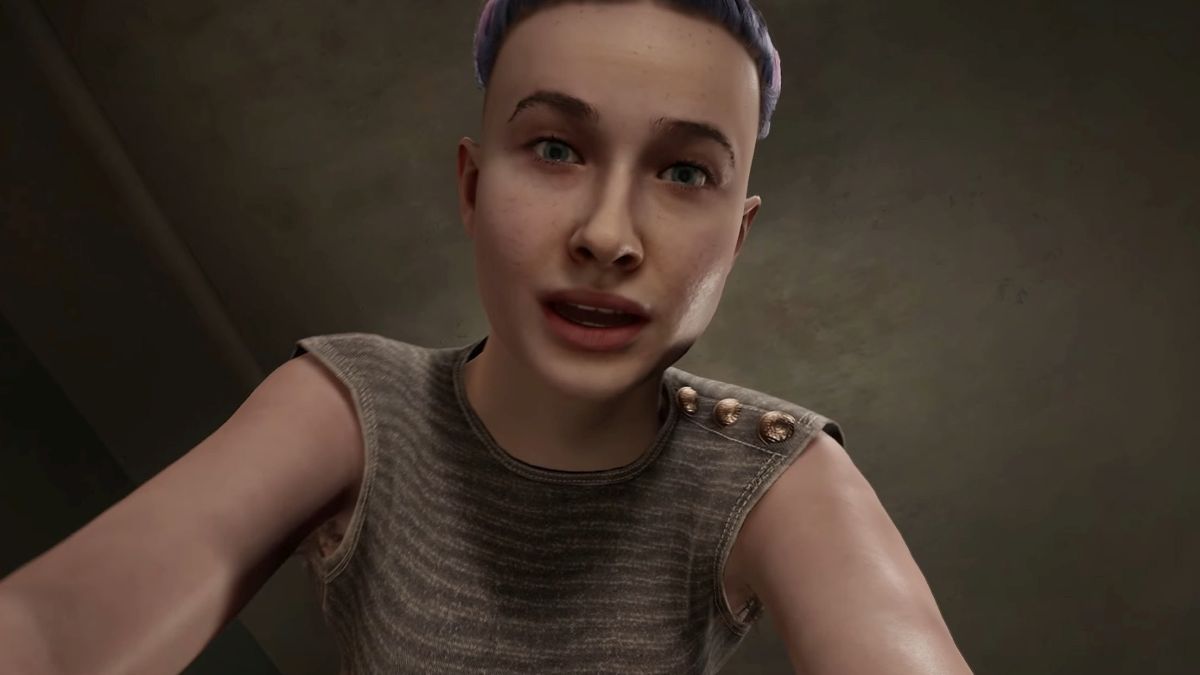
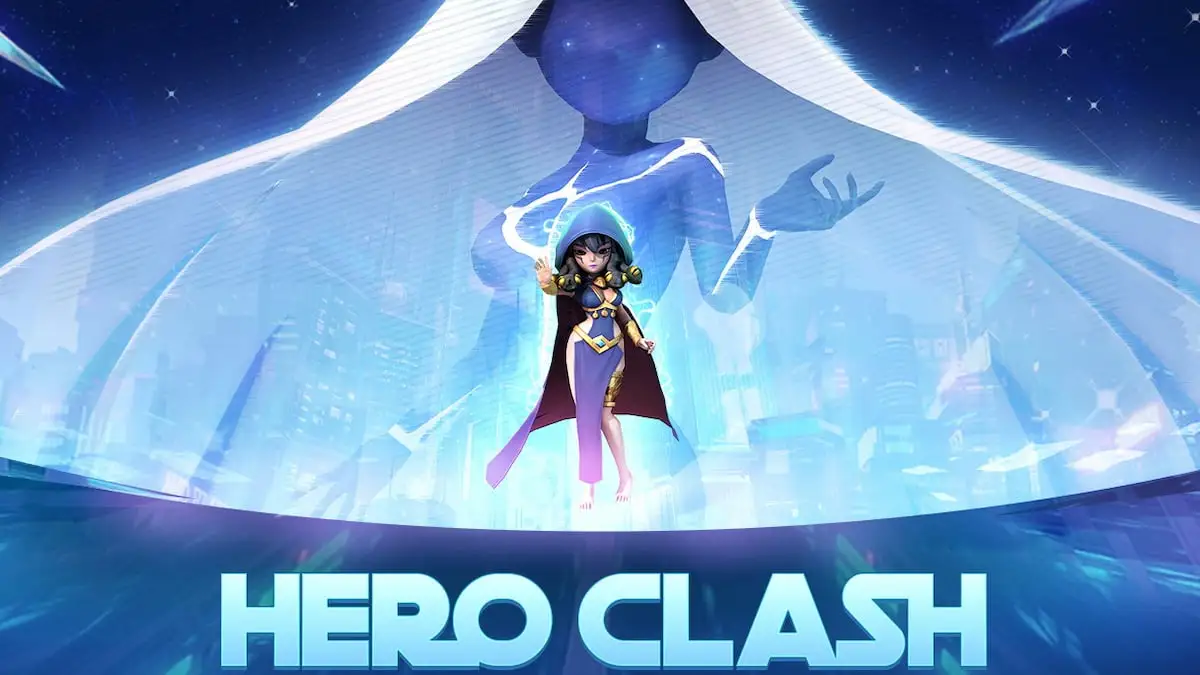


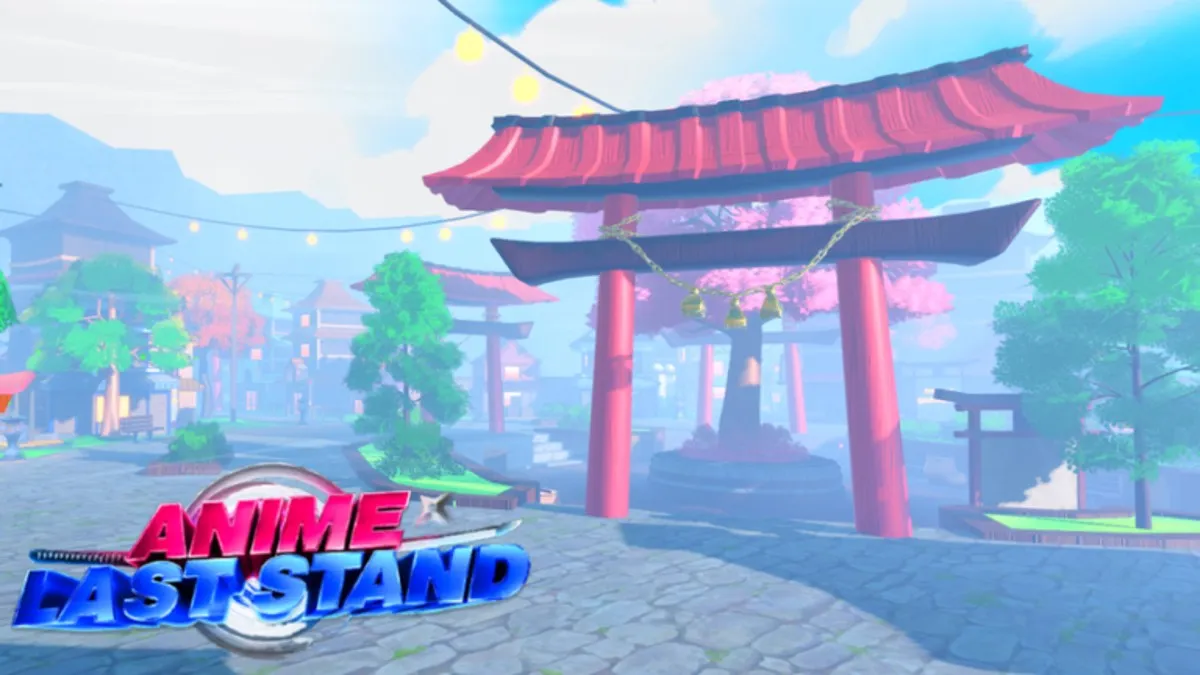

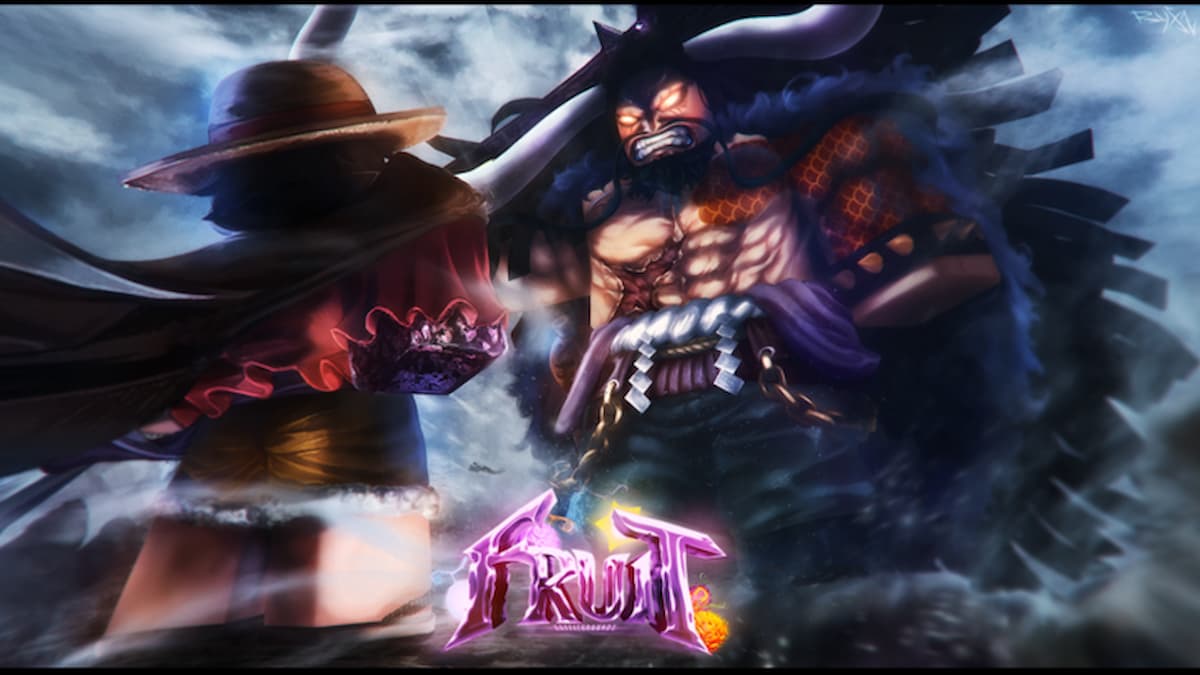
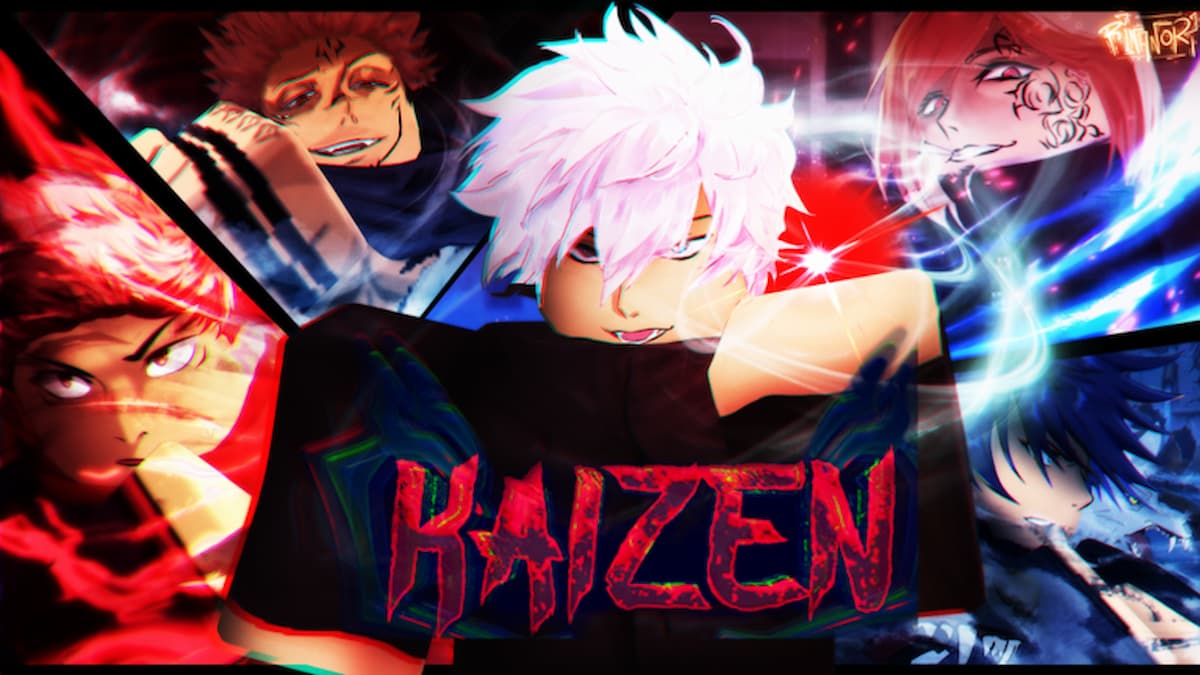
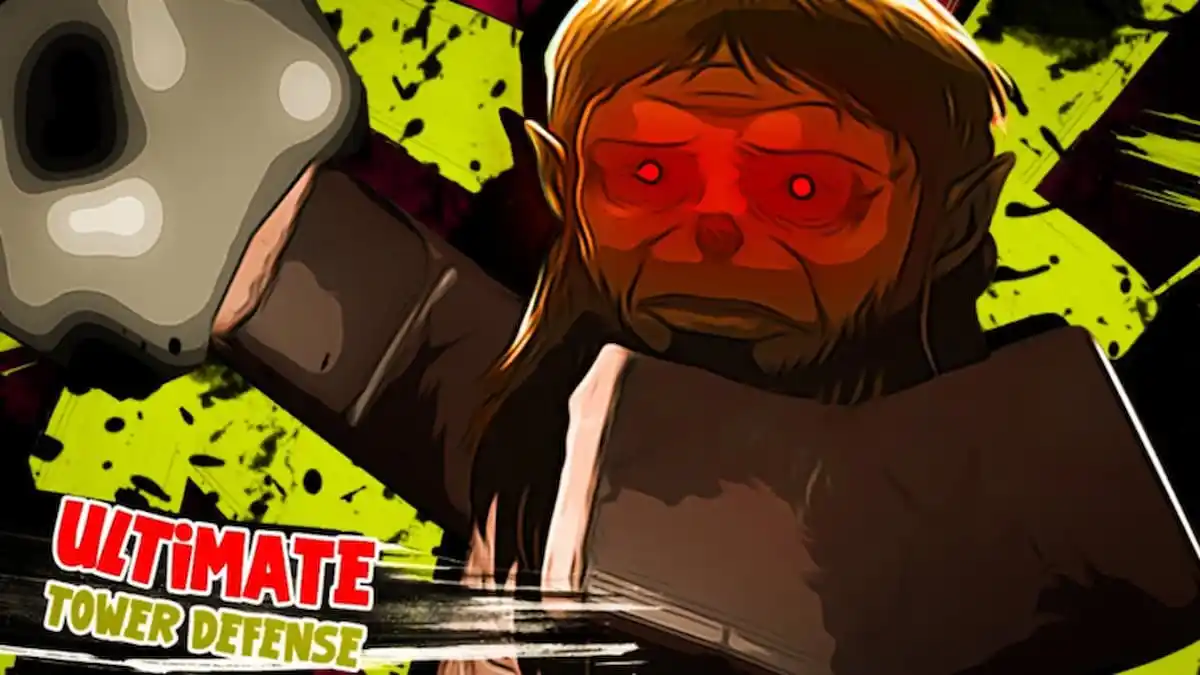

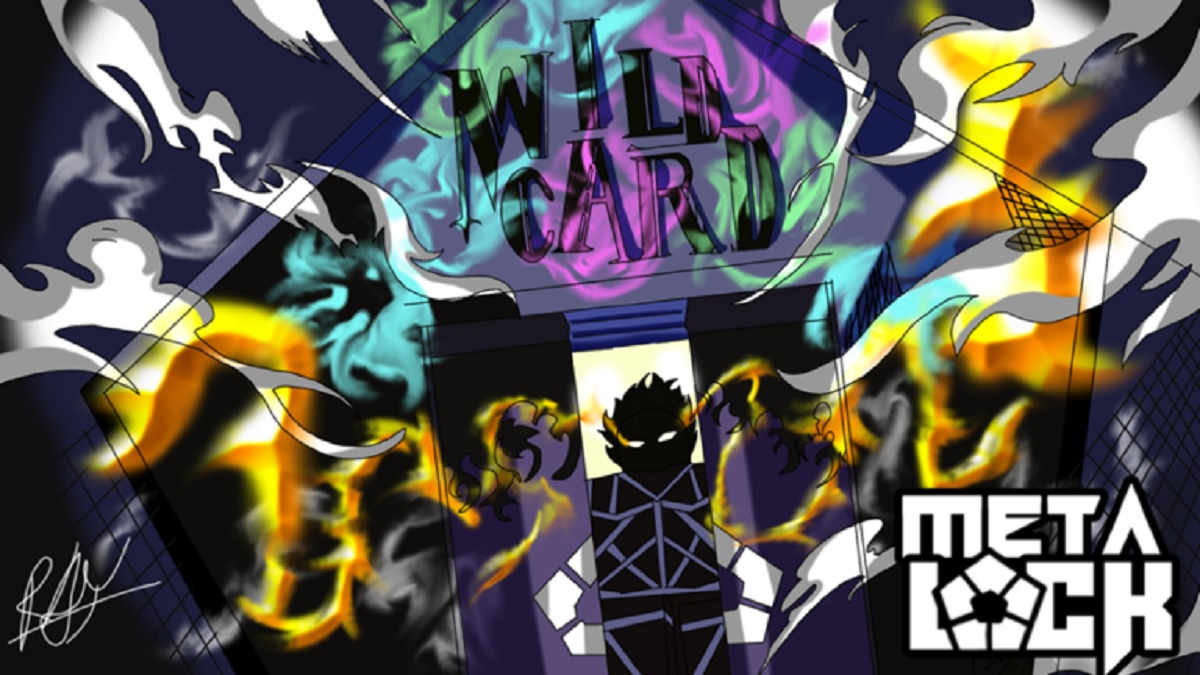

Updated: Feb 24, 2023 10:56 am